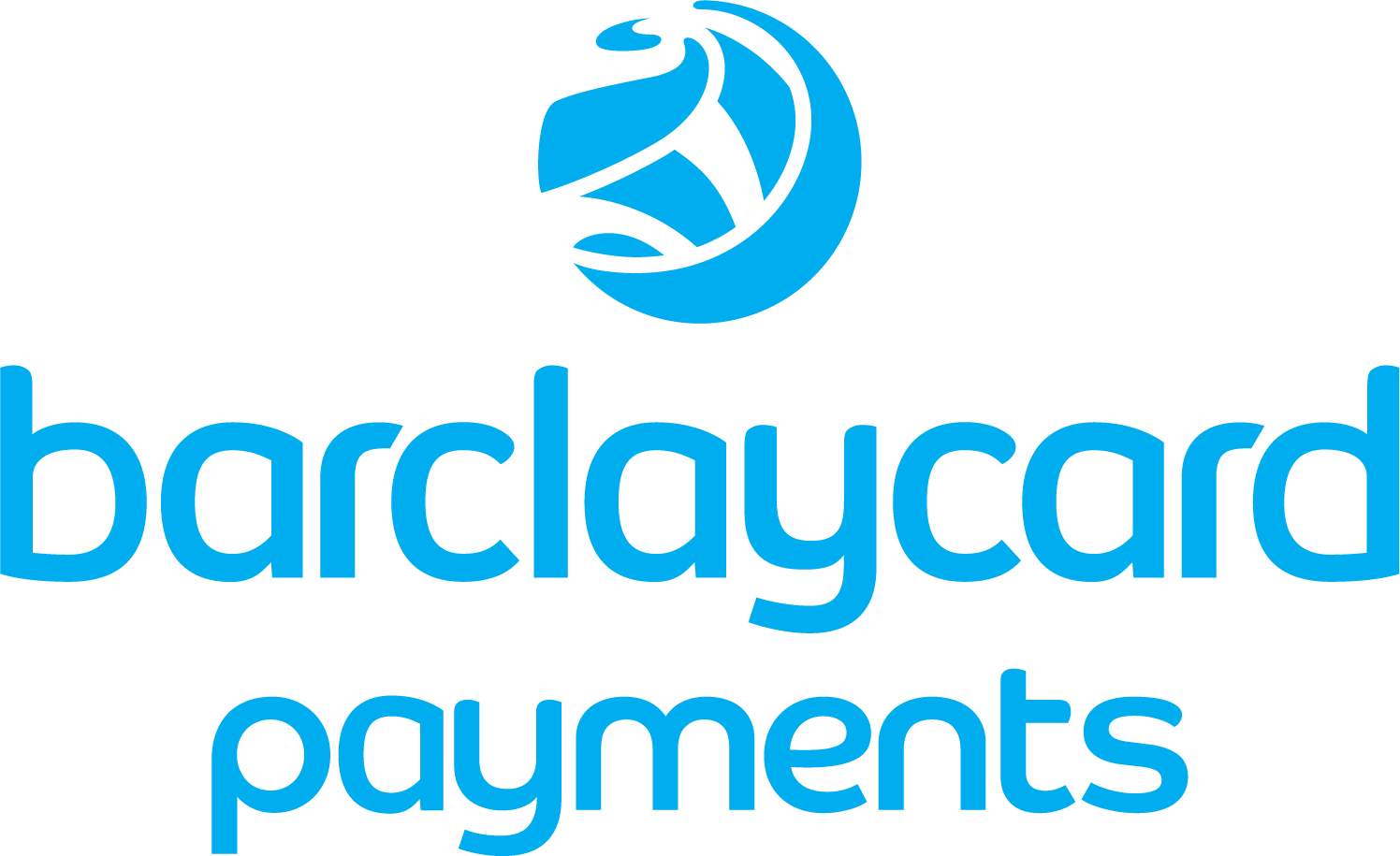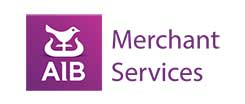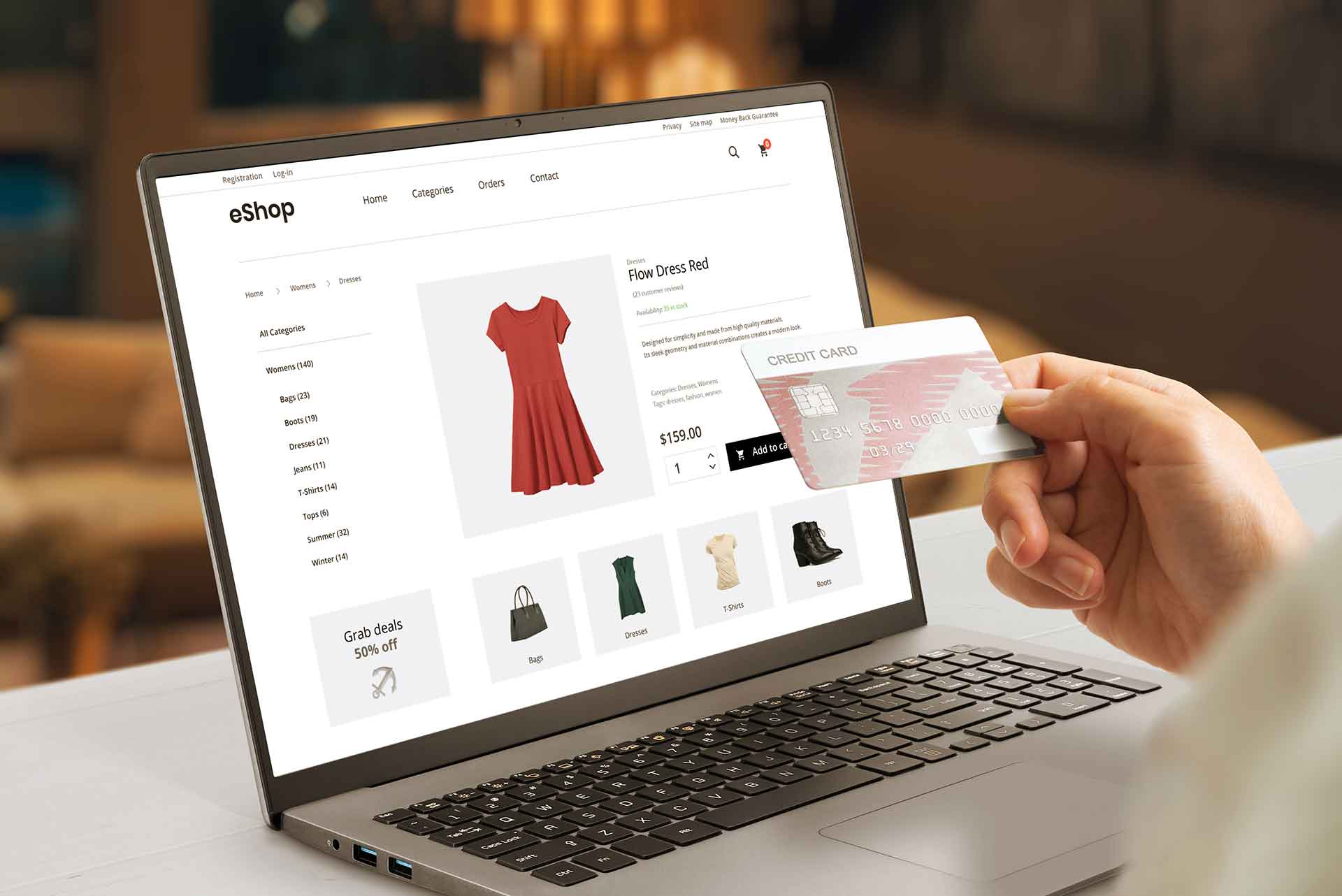- Accept card payments – lowest rates from 0.27%
- Keep your card processing fees to a minimum
- Direct access to the UK’s leading card processing banks
- We ensure your rates always remain competitive
No spam emails or calls
Choose from the payment methods then click Next
What's your turnover each month?
Enter the name of your company
Enter your company's postcode and contact number
Tell us what you need
Fill in our quick form and we’ll give you a call for a brief 5-minute chat to understand exactly what you're looking for.
Get tailored quotes
We’ll match you with up to three of the most competitive offers from our trusted providers that suit your business.
Pick with confidence
We’ll help you understand the options so you can choose the best fit — quickly, clearly, and without any pressure.






Payment Processors
UK Payment Processors
Best Online Payment Service Providers: A Complete Guide for UK Businesses
In today’s digital-first economy, online payment service providers are essential for businesses of all sizes. Whether you run an eCommerce store, a subscription-based service, or a freelance business, choosing the right payment processing solution can impact your cash flow, customer experience, and overall growth.
Online payment services include various features and pricing structures, catering to different business needs and transaction types.
This guide covers everything UK businesses need to know about online payment systems, including:
-
The best online payment service providers in 2024
-
How payment gateways and payment processors work
-
Key features like recurring payments, fraud detection, and international transactions
-
Transaction fees, monthly fees, and hidden fees to watch out for
-
How to accept payments online securely and efficiently
1. Introduction to Online Payment Systems
Online payment systems have become an essential component of modern commerce, enabling businesses to accept payments online and expand their customer base. At the heart of these systems lies a payment gateway, a technology that securely captures card payment data from a customer and transfers it to the acquirer for authorization.
1. What Are Online Payment Service Providers?
An online payment service provider (PSP) is a company that enables businesses to accept online payments from customers via various payment methods, including:
-
Credit and debit card payments (Visa, Mastercard, Amex)
-
Digital wallets (Apple Pay, Google Pay)
-
Bank transfers and direct debits
-
Recurring billing for subscriptions
-
Mobile payments and payment links
An online payment method refers to the various means through which customers can make payments, such as credit/debit cards and digital wallets. These providers handle the technical aspects of processing payments, ensuring secure online payments while transferring funds to your business bank account or merchant account.
What is a Payment Gateway?
A payment gateway is software that acts as an intermediary between a customer’s payment method and a merchant’s bank account. It facilitates online transactions by securely capturing and processing payment information, such as credit and debit card details, and transferring funds to the merchant’s account.
How Payment Gateways Work
The payment gateway process involves several steps. First, a customer initiates a payment on a merchant’s website or mobile app. The payment gateway then securely captures the customer’s payment information and encrypts it for transmission to the payment processor. The payment processor verifies the customer’s account information and checks for sufficient funds. If the transaction is approved, the payment processor sends a response back to the payment gateway, which then notifies the merchant of the successful payment. Finally, the payment gateway transfers the funds to the merchant’s bank account.




Benefits of Using a Payment Gateway
Using a payment gateway offers numerous benefits to businesses, including increased security, convenience, and flexibility. Payment gateways provide a secure way to process online transactions, reducing the risk of fraud and data breaches. They also offer a range of payment methods, including credit and debit cards, bank transfers, and digital wallets, making it easier for customers to make payments. Additionally, payment gateways can help businesses expand their customer base by enabling them to accept international transactions and provide a seamless payment experience.
Key Components of Online Payment Systems
- Payment Gateway – The technology that securely transmits payment data between your website and the payment processor.
- Payment Processor – The service that authorizes and completes transactions.
- Merchant Account – A special bank account where funds are held before being transferred to your business bank account.
- Payment Link – A method that facilitates smooth transactions by allowing customers to enter their details and approve payments through their banking apps, emphasizing simplicity and efficiency compared to traditional card processing.
Some providers, like PayPal and Shopify Payments, offer an all-in-one solution, while others require separate integrations.
2. Best Online Payment Service Providers in 2024
Here are the top payment service providers for UK businesses:
These providers are considered to be the best payment gateway options based on features, transaction fees, and overall performance.
A. PayPal
- Pros: Easy setup, global recognition, supports international payments, PayPal account integration.
- Cons: Higher transaction fees, account holds for disputes, merchants using PayPal may incur third party transaction fees compared to those using integrated payment solutions.
- Fee Structure: 2.9% + £0.30 per credit card payment.
B. Stripe
- Pros: Developer-friendly, supports recurring payments, Apple Pay, Google Pay, and international transactions. Offers a comprehensive payment gateway solution with features tailored for developers and businesses.
- Cons: Requires technical knowledge for advanced features.
- Fee Structure: 1.4% + £0.20 for European cards, 2.9% + £0.20 for non-European cards.
C. Shopify Payments
- Pros: Seamless integration for online stores, no setup fee, fraud detection. Shopify Payments provides an own payment gateway that simplifies the payment process for Shopify merchants.
- Cons: Only available for Shopify merchants.
- Fee Structure: Starts at 2.2% + £0.20 per transaction.
D. Square
- Pros: Great for small businesses, mobile payments, payment links, no monthly fees. Particularly advantageous for small business owners due to its user-friendly integration options and no monthly fees.
- Cons: Higher transaction fees for manual entries.
- Fee Structure: 1.75% per card payment for in-person, 2.5% for online.
E. Worldpay
- Pros: Supports multiple payment methods, international payments, merchant bank account integration. Offers a variety of payment services tailored to different business needs.
- Cons: Hidden fees, long-term contracts.
- Fee Structure: Custom pricing based on business size.
3. How to Choose the Right Payment Gateway Provider
When selecting a payment gateway service, consider:
- Transaction fees: Different providers have varying fee structures. Some charge a flat fee per transaction, while others take a percentage of the transaction amount.
- Security: Ensure the provider complies with PCI DSS standards to protect sensitive customer data.
- Integration: The gateway should seamlessly integrate with your existing e-commerce platform.
- Customer support: Reliable and accessible support can help resolve issues quickly.
- Fund transfer times: Faster transfer times can improve your cash flow.
Selecting the best payment gateway provider involves evaluating factors such as transaction fees, support options, and fund transfer times.
A. Transaction Fees & Hidden Costs
- Compare processing fees (flat rate vs. interchange-plus).
- Watch for setup fees, monthly fees, and payment method fees.
- Some providers charge a fixed processing fee in addition to variable fees depending on the payment method.
B. Supported Payment Methods
Ensure the provider supports a variety of payment methods accepted, including:
- Credit or debit card payments
- Apple Pay, Google Pay
- Bank transfers, direct debits
- Recurring billing for subscriptions
C. Security & Fraud Detection
Look for:
- PCI-DSS compliance
- 3D Secure authentication
- AI-powered fraud detection
- Secure transaction processing to protect sensitive data during transactions
D. Integration & Ease of Use
- Does it work with your online store?
- Does it require technical knowledge?
- Is there a payment gateway software API?
- Is finding the right payment gateway solution crucial for seamless integration with your online store?
E. International Payments
If selling globally, check:
- Multi-currency support
- International transaction fees
- Using a UK payment gateway can offer advantages like ease of integration and flexible transaction processing for UK businesses.
4. Payment Processing Fees Explained
Understanding fee structures helps avoid unexpected costs:
| Fee Type | Description | Average Cost |
|---|---|---|
| Transaction Fee | Charged per sale (percentage + fixed processing fee) | 1.4% – 3.5% + £0.20 |
| Monthly Fee | Subscription cost for using the service | £0 – £30 |
| Setup Fee | One-time cost for activating the service | £0 – £100 |
| International Fee | Extra charge for cross-border transactions | 1% – 3% additional |
| Chargeback Fee | Penalty for disputed payments | £10 – £20 per dispute |
5. How to Accept Payments Online
Step 1: Set Up a Merchant Account
- Some providers (like Stripe) offer built-in merchant accounts.
- Traditional providers (Worldpay) may require a separate merchant bank account.
- Merchant account providers often offer payment gateways in conjunction with their services, which can optimize user experience, conversion rates, and transaction fees.
Step 2: Integrate a Payment Gateway
- Use payment gateway software like Stripe or PayPal.
- Choosing the right online payment gateway is crucial for seamless integration and efficient payment processing.
- For Shopify stores, use Shopify Payments.
Step 3: Enable Multiple Payment Methods
- Allow card payments, digital wallets, bank transfers, and other payment methods like local payment services to enhance customer convenience.
Step 4: Test Transactions & Go Live
- Ensure secure online payments before launching.
- Ensure secure online transaction processing before launching.
7. Ecommerce Platform Integration
Ecommerce platform integration is a critical aspect of online payment systems. A payment gateway must be able to integrate seamlessly with an ecommerce platform to provide a smooth payment experience for customers. There are several types of ecommerce platform integrations, including hosted payment gateways, self-hosted payment gateways, and API integrations.
Hosted payment gateways are hosted by the payment gateway provider and require customers to leave the merchant’s website to complete the payment process. Self-hosted payment gateways, on the other hand, are hosted by the merchant and require customers to enter their payment information on the merchant’s website. API integrations provide a more customized payment experience and require technical expertise to implement.
When choosing an ecommerce platform integration, merchants should consider several factors, including security, ease of use, and flexibility. The integration should provide a secure way to process online transactions, be easy to use and navigate, and offer a range of payment methods. Additionally, the integration should be flexible and able to accommodate different types of payments, including recurring payments and international transactions. By choosing the right ecommerce platform integration, merchants can provide a seamless payment experience for their customers and increase their online sales.
6. Future Trends in Online Payment Processing
- More flexible payment options (Buy Now, Pay Later)
- Faster bank transfers (Open Banking)
- Lower processing fees due to competition
- Enhanced fraud detection with AI
Advancements in payment system technologies are driving these trends.
Choosing the best online payment service provider depends on your business needs, fee structure, and required payment methods. Whether you need recurring payments, international transactions, or mobile payments, providers like Stripe, PayPal, and Square offer secure online payments with varying processing fees.
By comparing payment gateway fees, hidden fees, and payment solutions, UK businesses can optimize cash flow and improve customer satisfaction.
Next Steps
- Compare providers based on your business model.
- Test integrations before full deployment.
- Monitor transaction fees to maximize profits.
- Choose the right payment solutions to ensure businesses accept payments efficiently.
With the right payment processing system, your business can accept payments online seamlessly and securely.
UK Payment Service Providers and Payment Gateways
| PSP/Gateway Provider | Supproted Platforms | Service Locations |
|---|---|---|
| Adyen | Online, POS, mobile | Global, headquarters in the Netherlands |
| Amazon Pay | Online | Austria, Belgium, Cyprus, Denmark, France, Germany, Hungary, India, Republic of Ireland, Italy, Japan, Luxembourg, Netherlands, Portugal, Spain, Sweden, Switzerland, United Kingdom, United States |
| Apple Pay | Mobile, online | United States (except Puerto Rico & other unincorporated territories), United Kingdom (excluding British Overseas Territories but including Crown Dependencies), Canada, Australia, China (including Hong Kong and Macau), Singapore, South Korea, Switzerland, France, Monaco, Russia, New Zealand, Japan, Spain, Republic of Ireland, Taiwan, Italy, San Marino, Vatican City, Denmark (including Greenland and Faroe Islands), Finland, Sweden, United Arab Emirates, Brazil, Ukraine, Poland, Norway, Kazakhstan, Belgium, Germany, Czech Republic, Saudi Arabia, Austria, Iceland, Hungary, Luxembourg, Netherlands, Bulgaria, Croatia, Cyprus (except Northern Cyprus), Estonia, Greece, Latvia, Liechtenstein, Lithuania, Malta, Portugal, Romania, Slovakia, Slovenia, Georgia, Belarus, Montenegro, Serbia, Mexico |
| Atos | Online | Global (headquarters in France and Germany) |
| Authorize.Net | Online | Australia, Canada, United Kingdom, United States, Europe |
| Creditcall | Online, POS, mobile | United Kingdom, United States |
| CyberSource | ||
| DataCash | ||
| DigiCash | ||
| Edy | ||
| Elavon | ||
| Euronet Worldwide | Online, POS | |
| First Data | POS | United States |
| Fortumo | Online, mobile | Bangladesh, Cambodia, Indonesia, Kazakhstan, Malaysia, Myanmar, Pakistan, Philippines, Singapore, South Korea, Sri Lanka, Taiwan, Thailand, Vietnam, Bahrain, Cameroon, Cote d’Ivoire, Egypt, Iraq, Kenya, Kuwait, Morocco, Mozambique, Palestine, Qatar, Saudi Arabia, Senegal, Tunisia, Turkey, United Arab Emirates, Albania, Belarus, Bosnia & Herzegovina, Bulgaria, Croatia, Czech Republic, Estonia, Georgia, Hungary, Kosovo, Latvia, Lithuania, North Macedonia, Montenegro, Poland, Romania, Russia, Serbia, Slovakia, Slovenia, Ukraine, Austria, Cyprus, Belgium, Denmark, Finland, France, Germany, Greece, Ireland, Italy, Luxembourg, Netherlands, Norway, Portugal, Spain, Sweden, Switzerland, United Kingdom, Brazil, Chile, Colombia, Ecuador, Mexico, Uruguay, Canada |
| Google Pay | Online, POS, mobile, QR | Albania, Argentina, Armenia, Australia, Austria, Azerbaijan, Belgium, Bosnia and Herzegovina, Brazil, Bulgaria, Canada, Cayman Islands, Chile, Colombia, Costa Rica, Croatia, Cyprus, Czech Republic, Denmark, Ecuador, Estonia, Finland, France, Georgia, Germany, Greece, Hong Kong, Hungary, Iceland, Republic of Ireland, Israel, Italy, Japan, Kazakhstan, Kuwait, Kyrgyzstan, Latvia, Liechtenstein, Lithuania, Luxembourg, Malaysia, Malta, Mexico, Moldova, Montenegro, Netherlands, New Zealand, North Macedonia, Norway, Poland, Portugal, Qatar, Romania, San Marino, Serbia, Singapore, Slovakia, Slovenia, South Africa, Spain, Sweden, Switzerland, Taiwan, Thailand, Ukraine, United Arab Emirates, United Kingdom, United States, Vietnam |
| Ingenico | POS | France |
| IP Payments | Australia, New Zealand, United Kingdom | |
| Klarna | Australia, Austria, Belgium, Denmark, Finland, France, Germany, Italy, Netherlands, Norway, Spain, Sweden, Switzerland, United Kingdom, United States | |
| Neteller | ||
| Novalnet | Online, POS, mobile | Worldwide. Headquartered in Germany |
| OFX | Online | Australia, Canada, Hong Kong, New Zealand, United Kingdom, United States |
| Opayo | Online, POS | United Kingdom/Ireland |
| PagSeguro | Brazil | |
| Paya | Online, POS | North America |
| PayPal | Online | United States, Argentina, Australia, Austria, Belgium, Brazil, China, France, Spain, Netherlands, Hong Kong, Japan, Canada, Mexico, Germany, Poland, Russia, Singapore, Sweden, Switzerland, United Kingdom, Italy, India |
| PayPoint | United Kingdom, Republic of Ireland, Romania | |
| Paysafe Group | Online, POS, mobile, MO/TO | United Kingdom, United States, Canada, Austria, Bulgaria, Germany, Netherlands, Australia, Spain |
| Realex Payments | Republic of Ireland United Kingdom | |
| SafeCharge International | Online, mobile, POS | United Kingdom |
| Skrill (formerly Moneybookers) | United Kingdom | |
| Square | Online, mobile, POS | United States, Canada, Japan, Australia, United Kingdom |
| Stripe | Online, mobile | Australia, Austria, Belgium, Canada, Denmark, Finland, France, Germany, Hong Kong, Ireland, Italy, Japan, Luxembourg, Malaysia, Netherlands, New Zealand, Norway, Portugal, Singapore, Spain, Sweden, Switzerland, United Kingdom, United States (invite-only in Brazil, Estonia, Greece, India, Latvia, Lithuania, Mexico, Poland, Slovakia, Slovenia)[3] |
| TransferMate | Ireland | |
| TransferWise | United Kingdom | |
| Trustly | Online, mobile | Austria, Belgium, Bulgaria, Croatia, Czech Republic, Cyprus, Denmark, Estonia, Finland, France, Germany, Greece, Hungary, Ireland, Italy, Latvia, Luxembourg, Malta, Netherlands, Norway, Poland, Portugal, Romania, Slovakia, Slovenia, Spain, Sweden, United Kingdom[4] |
| Ukash | United Kingdom | |
| Worldpay | United Kingdom | |
| WorldRemit | United Kingdom |